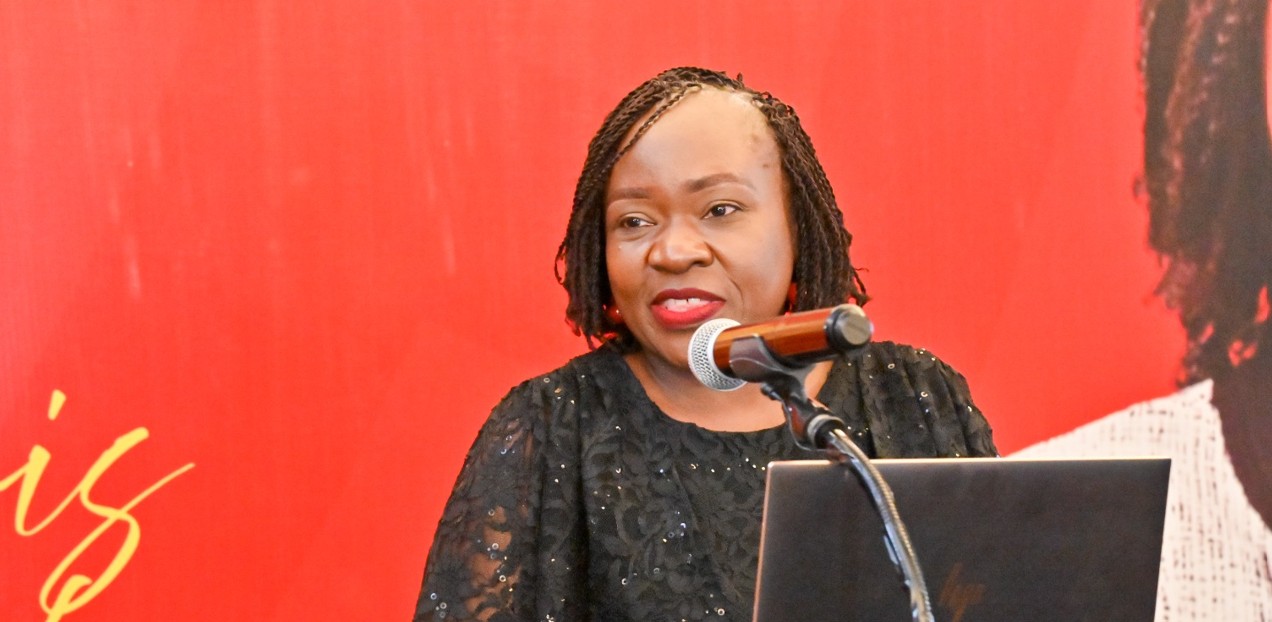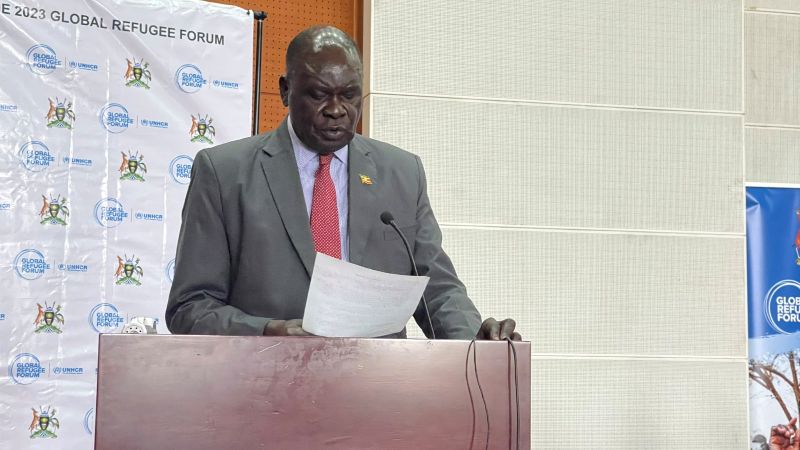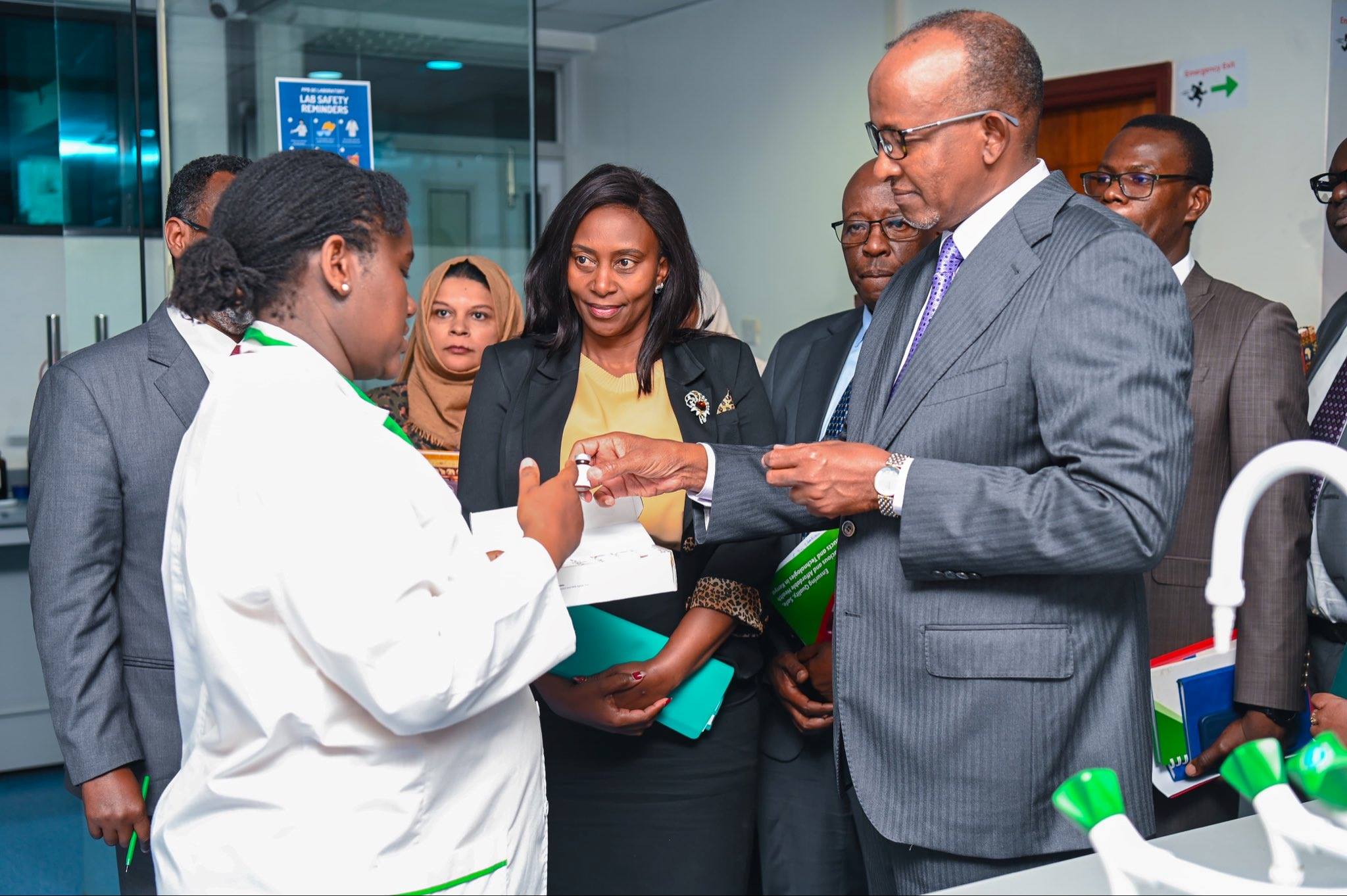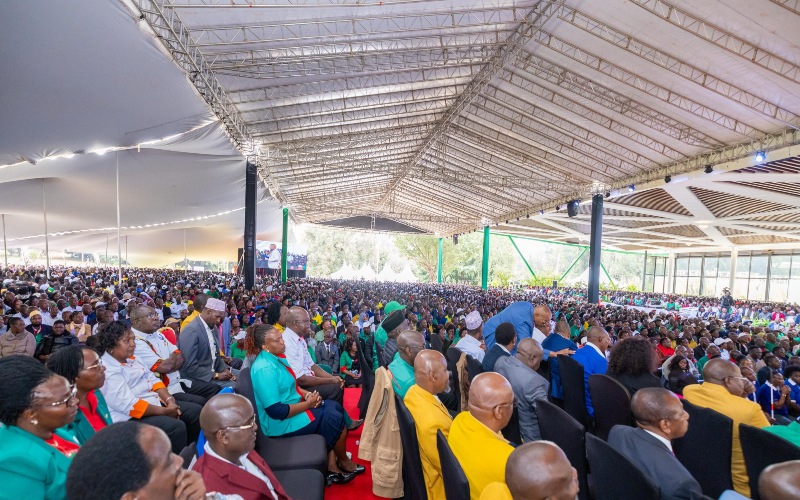MPs seek views of Kenyans on Privatisation Bill as they protest State wastage

The matter of privatising State corporations has been contentious, drawing varied reactions from Kenyans and stakeholders across different sectors.
Members of the National Assembly are inviting Kenyans to give their views on a Bill seeking to entrench the placing of State corporations and assets into private hands, even as they accuse the government of wastage.
On Tuesday, the National Assembly, through its Clerk, Samuel Njoroge, placed a notice in the leading dailies calling on Kenyans to attend a public hearing of the Bill at the Kenyatta International Conference Centre in Nairobi on August 15, 2025.
More To Read
- Committee calls for unified legal framework for commercial state-owned enterprises
- Petition filed to stop implementation of Privatisation Act 2025
- Senate flags 24 State agencies still performing county functions
- Treasury ordered to draft rules for on-lent loans amid oversight concerns
- Mbadi confirms Treasury deliberately influencing shilling’s value against dollar
- Government clears Sh93 billion in road bills after borrowing Sh104 billion from banks
In the notice, Njoroge stated that the Privatisation Bill (National Assembly Bill No. 36 of 2025) had been read for the first time and committed to the Departmental Committee on Finance and National Planning and the Select Committee on Public Debt and Privatisation for consideration and reporting back to Parliament.
"The Committee shall discuss the contents of the Bill and its implications during the Public Hearing. The public is invited to attend and share their views on the Bill on the said date," Njoroge said.
The matter of privatising State corporations has been contentious, drawing varied reactions from Kenyans and stakeholders across different sectors.
On Monday, MPs called on the National Government to prioritise curbing wastage and mismanagement of public funds as a way of raising resources for critical national programmes and development projects.
The leaders appealed during an engagement session with Treasury Cabinet Secretary John Mbadi, where he was defending the government’s proposal to privatise the Kenya Pipeline Company (KPC).
Mbadi told legislators that the privatisation moves, as outlined in Sessional Paper No. 2 of 2025, form part of the government’s approved budget-raising measures aimed at generating approximately Sh100 billion.
The funds, he explained, are crucial to support budget implementation and ensure that key development projects are not stalled due to a shortage of resources.
"Raising taxes at this point is not an option," the CS said, emphasising that privatisation would provide the much-needed fiscal space without overburdening taxpayers.
However, MPs argued that the government could avoid selling off strategic State corporations by addressing inefficiencies and financial leakages within ministries, departments and agencies.
They proposed enhanced fiscal discipline as a more sustainable approach, rather than rushing to dispose of a self-sustaining and profit-making company like KPC.
Responding to these concerns, Mbadi said the Treasury had already put in place several reforms to curb wastage.
These include the adoption of e-procurement systems and the introduction of robust accountability mechanisms to ensure proper use of public resources.
"These measures will go a long way in reducing unnecessary expenditure across government operations," Mbadi stated.
The proposal to privatise KPC has already been formally tabled in Parliament and committed to the Joint Committee on Energy and the Committee on Public Debt and Privatisation for consideration.
Legislators are expected to weigh the fiscal benefits outlined by the Treasury against the strategic value of retaining government control over the company.
In July, the government approved the partial privatisation of the 100 per cent State-owned Kenya Pipeline Company, marking a key step in its broader effort to reduce public expenditure on State-owned enterprises.
KPC is responsible for the transportation, storage and distribution of petroleum products in Kenya, operating over 1,300 km of pipelines with the capacity to transport about 14 billion litres of oil products. The privatisation of KPC is also planned under the Privatisation Act (2023).
Under the plan, a portion of the government’s shares in KPC will be sold to private investors, with the company due to be listed on the Nairobi Securities Exchange (NSE) by September 2025.
This decision reflects a major policy shift away from State dominance in commercial enterprises towards private-sector-led growth. The government has justified the move by highlighting the need to attract professional expertise and improve operational efficiency within the company, while raising funds for regional expansion and diversification into products such as LPG. The National Oil Corporation (NOC) may also be privatised soon.
Top Stories Today














































